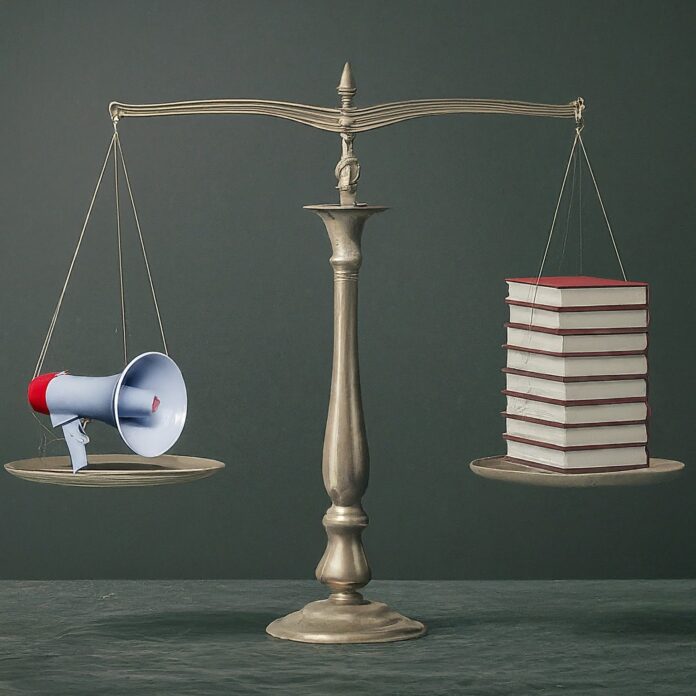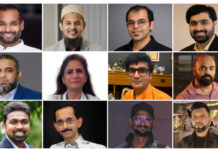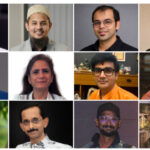– Mr. Narayan Singh Rao, Chief Growth Officer, PoGoSo Social
In an era characterized by rapid technological advancement, social platforms have emerged as pivotal tools for facilitating democratic discourse. These platforms, ranging from Twitter and Facebook to Reddit and Instagram, serve as virtual arenas where individuals from diverse backgrounds can engage in discussions, share opinions, and participate in debates on various societal issues. However, amidst the vast sea of information and diverse perspectives, there exists both the potential for harmony and the risk of discord within democratic discourse.
At its core, democratic discourse encompasses the exchange of ideas, opinions, and arguments among citizens within a democratic society. It is the cornerstone of a healthy democracy, providing a platform for individuals to express their viewpoints, hold authorities accountable, and collectively shape public policies. Social platforms play a crucial role in facilitating this discourse by providing accessible and inclusive spaces where individuals can engage in conversations, regardless of geographical barriers or socio-economic status.
Yet, the inherent nature of social platforms also poses challenges to democratic discourse. The anonymity afforded by these platforms can lead to the proliferation of misinformation, hate speech, and divisive rhetoric. Moreover, algorithms designed to maximize user engagement often create echo chambers, where individuals are exposed only to viewpoints that align with their own, reinforcing pre-existing biases and polarizing opinions.
To harness the potential of social platforms for promoting harmony within democratic discourse, it is essential to address these challenges effectively. This requires a multi-faceted approach that combines technological innovations, regulatory frameworks, and user education initiatives.
Technological innovations, such as algorithms designed to promote diverse viewpoints and fact-checking tools to combat misinformation, can help mitigate the negative impact of echo chambers and fake news on social platforms. Additionally, implementing transparent content moderation policies and fostering collaboration between platform developers, researchers, and policymakers can enhance the accountability and effectiveness of these platforms in promoting healthy democratic discourse.
Furthermore, regulatory frameworks must be adapted to address the unique challenges posed by social platforms in the digital age. This includes legislation aimed at curbing the spread of misinformation, protecting user privacy, and combating online harassment and hate speech. However, it is essential to strike a balance between regulating harmful content and safeguarding freedom of expression to ensure that democratic discourse remains vibrant and inclusive.
Lastly, empowering users with the necessary skills and knowledge to critically evaluate information and engage in constructive dialogue is crucial for fostering harmony within democratic discourse. Educational initiatives aimed at promoting digital literacy, media literacy, and civic engagement can equip individuals with the tools they need to navigate the complex landscape of social platforms responsibly.
In conclusion, social platforms have the potential to bring harmony to democratic discourse by providing accessible and inclusive spaces for individuals to engage in conversations and exchange ideas. However, realizing this potential requires concerted efforts to address the challenges posed by misinformation, echo chambers, and divisive rhetoric. By leveraging technological innovations, regulatory frameworks, and user education initiatives, we can harness the transformative power of social platforms to strengthen democratic discourse and promote a more cohesive and inclusive society.
The opinions expressed in this column are of Mr. Narayan Singh Rao, Chief Growth Officer, PoGoSo Social.
















